Home>Home Appliances>Home Automation Appliances>Why Does My Alexa Randomly Play Music


Home Automation Appliances
Why Does My Alexa Randomly Play Music
Modified: January 9, 2024
Discover the reasons behind your Alexa randomly playing music and learn how to troubleshoot this issue. Get insights on home automation appliances and their functionality. Find solutions to prevent unexpected music playback.
(Many of the links in this article redirect to a specific reviewed product. Your purchase of these products through affiliate links helps to generate commission for Storables.com, at no extra cost. Learn more)
Introduction
Welcome to the world of smart home technology, where the convenience of voice-activated virtual assistants has become an integral part of our daily lives. Among the leading virtual assistants, Amazon's Alexa stands out as a popular choice, offering a wide range of functionalities from playing music to controlling smart home devices. However, Alexa users may encounter an unexpected and perplexing issue: random music playback. Picture this: you're relaxing at home, and suddenly, Alexa starts playing music without any prompt from you. This puzzling occurrence can disrupt the tranquility of your home and leave you wondering, "Why does my Alexa randomly play music?"
In this article, we will delve into the potential causes of this enigmatic behavior and explore practical solutions to address it. Whether you're a seasoned Alexa user or new to the world of smart home devices, understanding the reasons behind random music playback and learning how to mitigate it can enhance your overall experience with Alexa. Let's embark on a journey to unravel the mysteries of Alexa's spontaneous music moments and reclaim control over your smart home environment.
Key Takeaways:
- Background noise and unclear commands can make Alexa play music randomly. Keep the environment quiet and speak clearly to minimize this issue.
- Resetting Alexa, refining voice commands, and updating software can help fix random music playback. Take proactive steps for a seamless smart home experience.
Read more: Why Is My Alexa Device Not Playing Music
Possible Causes of Random Music Playback
Understanding the underlying factors that contribute to Alexa’s random music playback is crucial in resolving this perplexing issue. While the seamless integration of artificial intelligence and voice recognition technology in Alexa enables intuitive interactions, several potential causes may lead to unexpected music playback. Let’s explore these factors to shed light on the mysterious phenomenon:
- Interference from Background Noise: Alexa’s advanced listening capabilities allow it to discern voice commands amidst ambient sounds. However, loud or distinct noises in the environment, such as a TV playing music, conversations, or even pet sounds, can inadvertently trigger Alexa’s music playback feature. This interference may lead to unintended commands, prompting Alexa to play music without explicit user input.
- Misinterpretation of Voice Commands: Alexa’s sophisticated natural language processing enables it to interpret and respond to a wide array of voice commands. Nevertheless, misinterpretations can occur, especially when users issue ambiguous or contextually unclear instructions. In some instances, seemingly innocuous phrases or words uttered in proximity to Alexa may be misconstrued as requests to play music, leading to unexpected playback instances.
- Software Glitches: Despite its advanced programming and regular updates, Alexa’s software may encounter occasional glitches that result in erratic behavior. These glitches can manifest in various ways, including the spontaneous initiation of music playback. Factors such as network connectivity issues, software conflicts, or temporary system malfunctions may contribute to these unexpected occurrences.
By gaining insights into these potential causes, Alexa users can gain a clearer understanding of the mechanisms underlying random music playback. This understanding serves as a foundation for implementing effective solutions to mitigate this perplexing issue and restore seamless interactions with Alexa.
Interference from Background Noise
Amidst the myriad of potential causes of random music playback, interference from background noise emerges as a significant factor influencing Alexa’s behavior. While Alexa’s voice recognition technology is designed to discern and respond to user commands amidst ambient sounds, certain types of background noise can inadvertently trigger unintended actions, such as playing music without explicit user input.
Consider a scenario where Alexa is situated in a living room where a television is playing music or a lively conversation is taking place. In such settings, the ambient sounds can potentially interfere with Alexa’s ability to accurately interpret voice commands. This interference may lead to inadvertent activations of Alexa’s music playback feature, disrupting the tranquility of the environment.
Furthermore, the presence of pets in the vicinity can also contribute to background noise interference. The sounds of barking, meowing, or other pet-related activities may be misinterpreted by Alexa, leading to unintended responses, including the initiation of music playback.
To mitigate the impact of background noise interference on Alexa’s functionality, users can consider strategic placement of the device in areas with minimal ambient sound disruptions. Additionally, creating a quieter environment during interactions with Alexa, such as reducing the volume of background media or minimizing extraneous conversations, can help minimize the likelihood of unintended activations.
By recognizing the influence of background noise interference on Alexa’s behavior, users can proactively address this factor to enhance the reliability and accuracy of voice commands, reducing the occurrence of random music playback instances and fostering a more seamless smart home experience.
Misinterpretation of Voice Commands
Another pivotal factor contributing to the perplexing phenomenon of random music playback on Alexa is the potential for misinterpretation of voice commands. While Alexa’s advanced natural language processing capabilities enable it to understand and respond to a diverse range of user instructions, instances of misinterpretation can arise, leading to unintended actions such as playing music without explicit user intent.
The complexity of human language and the nuances of communication present inherent challenges for voice-activated virtual assistants. In environments where multiple conversations are ongoing or where ambiguous or contextually unclear commands are issued, Alexa may encounter difficulties in accurately interpreting user input. This can result in misinterpretations that prompt Alexa to initiate music playback based on perceived but unintended commands.
Furthermore, the proximity of Alexa to areas where conversations occur or where background media is playing can exacerbate the potential for misinterpretation. In such scenarios, phrases or words uttered within Alexa’s listening range, even if not directed at the device, may be misconstrued as requests to play music, leading to unexpected playback instances.
To address the challenge of misinterpretation of voice commands, users can adopt strategies to enhance the clarity and specificity of their interactions with Alexa. This may involve articulating commands in a clear and deliberate manner, avoiding ambiguous language, and minimizing overlapping conversations during interactions with the virtual assistant.
By recognizing the influence of misinterpretation on Alexa’s responsiveness, users can proactively refine their communication strategies to reduce the likelihood of unintended activations, fostering more accurate and reliable interactions with Alexa and mitigating the occurrence of random music playback.
Software Glitches
Amidst the intricate interplay of advanced technology within Amazon’s Alexa, the occurrence of software glitches stands out as a potential contributor to the perplexing phenomenon of random music playback. Despite the meticulous design and continuous refinement of Alexa’s software, occasional glitches may manifest, leading to unexpected and erratic behavior, including the spontaneous initiation of music playback.
Software glitches can stem from various underlying factors, ranging from network connectivity issues to temporary system malfunctions. In some instances, conflicts between Alexa’s software and other applications or devices within the smart home ecosystem can precipitate irregularities, potentially leading to instances of unintended music playback.
Network connectivity disruptions, whether transient or persistent, can also impact the stability of Alexa’s software, potentially triggering unanticipated responses. These disruptions may result in temporary communication lapses or data inconsistencies, influencing Alexa’s ability to accurately process voice commands and leading to erratic behaviors such as random music playback.
Furthermore, the complexity and sophistication of Alexa’s software, coupled with the dynamic nature of smart home environments, can introduce vulnerabilities that may give rise to intermittent glitches. These glitches can manifest in various forms, including unexpected responses to user commands, misinterpretation of input, and sporadic activation of features such as music playback.
To address the impact of software glitches on Alexa’s functionality, users can proactively engage in troubleshooting measures, such as ensuring that Alexa’s software is updated to the latest version and addressing any network-related issues that may affect the device’s performance. Additionally, periodic system reboots and software updates can help mitigate the influence of glitches on Alexa’s behavior, promoting a more stable and reliable user experience.
By acknowledging the potential influence of software glitches on Alexa’s operation, users can navigate this aspect of smart home technology with greater insight, empowering them to address and mitigate the impact of such irregularities and foster a more seamless and dependable interaction with Alexa.
Check if someone else in your household is using the Alexa app to play music. Also, make sure no one else has access to your Alexa account and is playing music remotely.
Read more: Why Does My Alexa Just Stop Playing Music
Potential Solutions
Addressing the enigmatic issue of random music playback on Alexa necessitates a proactive approach that encompasses a thorough understanding of the underlying causes and the implementation of effective solutions. By leveraging practical strategies, users can mitigate the occurrence of unexpected music playback instances and foster a more seamless and reliable interaction with Amazon’s virtual assistant. Let’s explore potential solutions to address this perplexing issue:
- Resetting Alexa: Performing a reset on Alexa can help alleviate potential software glitches and restore the device to a stable state. Users can initiate a reset by following the prescribed procedures for their specific Alexa device model, effectively clearing temporary data and addressing irregularities that may contribute to random music playback.
- Verifying Voice Commands: Users can review and refine their communication strategies with Alexa, ensuring that voice commands are articulated clearly and unambiguously. By minimizing the potential for misinterpretation, users can reduce the likelihood of unintended activations, including random music playback.
- Checking for Software Updates: Regularly verifying and applying software updates for Alexa can help address known glitches, enhance system stability, and introduce optimizations that mitigate the occurrence of unexpected behaviors. Staying abreast of the latest software releases is essential in maintaining the reliability of Alexa’s functionality.
By embracing these potential solutions, users can proactively engage in measures to address the factors contributing to random music playback on Alexa, fostering a more consistent and dependable interaction with this integral component of the smart home ecosystem. Through a combination of strategic device management and refined communication practices, users can reclaim control over their smart home environment and mitigate the perplexing issue of random music playback on Alexa.
Resetting Alexa
When confronted with the perplexing issue of random music playback on Alexa, users can explore the option of resetting the device as a potential solution. Performing a reset on Alexa can serve as a strategic measure to address underlying software irregularities and restore the device to a stable operational state, thereby mitigating the occurrence of unexpected music playback instances.
The process of resetting Alexa varies based on the specific device model, and users should refer to the manufacturer’s guidelines for detailed instructions. Generally, the reset procedure involves initiating a comprehensive restoration of the device’s settings and configurations, effectively clearing temporary data and addressing potential glitches that may contribute to erratic behavior, including random music playback.
By executing a reset, users can effectively recalibrate Alexa’s software environment, potentially resolving transient irregularities that impact the device’s responsiveness. This proactive approach aims to restore the device to a reliable state, minimizing the likelihood of unintended activations and fostering a more consistent user experience.
Prior to initiating a reset, users should ensure that any personalized settings or configurations on Alexa are appropriately documented or backed up, as the reset process will revert the device to its default state. Additionally, verifying that Alexa’s software is updated to the latest version before and after the reset can further enhance the device’s stability and mitigate the potential for unexpected behaviors.
By considering the option of resetting Alexa as a potential solution to the issue of random music playback, users can proactively engage in device management practices that contribute to a more dependable and seamless interaction with Amazon’s virtual assistant. Through a balanced approach that encompasses strategic device maintenance and refined communication strategies, users can navigate the complexities of smart home technology with greater confidence and efficacy.
Verifying Voice Commands
Amidst the enigmatic occurrences of random music playback on Alexa, users can adopt a proactive approach by refining their communication strategies and verifying voice commands to mitigate the likelihood of unintended activations. Clear and unambiguous voice commands play a pivotal role in minimizing misinterpretations and fostering more accurate interactions with Amazon’s virtual assistant.
Users can begin by reviewing their typical interactions with Alexa, paying particular attention to the phrasing and context of voice commands issued to the device. By articulating commands in a deliberate and precise manner, users can reduce the potential for misinterpretation, thereby minimizing the occurrence of unexpected music playback instances.
Furthermore, avoiding ambiguous language and minimizing overlapping conversations during interactions with Alexa can contribute to the clarity and specificity of voice commands, enhancing the device’s ability to accurately discern user intent. This deliberate approach to communication with Alexa aims to mitigate the impact of misinterpretation, addressing a key factor that may lead to random music playback.
Additionally, users can leverage the feedback and interaction history available through the Alexa app or web interface to review past voice commands and interactions. This retrospective analysis can provide valuable insights into the context and content of commands issued to Alexa, enabling users to identify patterns or instances that may have inadvertently triggered music playback.
By refining communication strategies and verifying voice commands, users can actively contribute to a more precise and reliable interaction with Alexa, reducing the likelihood of unintended activations and fostering a more consistent user experience within the smart home environment. Through a balanced approach that encompasses strategic communication refinement and device management, users can navigate the complexities of smart home technology with greater confidence and efficacy.
Checking for Software Updates
Amidst the dynamic landscape of smart home technology, the proactive verification and application of software updates for Alexa stand out as essential measures to address potential glitches and optimize the device’s performance. Regularly checking for and applying software updates can contribute to the stability and reliability of Alexa’s functionality, mitigating the occurrence of unexpected behaviors such as random music playback.
Users can initiate the process of checking for software updates by accessing the Alexa app or web interface, where they can navigate to the device settings and select the option to verify for available updates. By staying abreast of the latest software releases and enhancements, users can ensure that Alexa’s software environment remains optimized and resilient, addressing known irregularities and introducing refinements that enhance the device’s responsiveness.
Software updates for Alexa encompass a range of optimizations, including bug fixes, security enhancements, and feature enrichments, all of which contribute to the overall stability and reliability of the device. By proactively engaging in the verification and application of these updates, users can mitigate the impact of potential glitches and irregularities that may precipitate instances of random music playback.
Furthermore, staying informed about the latest software updates and their associated release notes can provide valuable insights into the refinements and optimizations introduced by each update. This awareness empowers users to make informed decisions regarding the application of updates, ensuring that Alexa’s software environment remains current and resilient against potential irregularities.
By embracing the practice of checking for software updates, users can actively contribute to the optimization and stability of Alexa’s functionality, fostering a more consistent and dependable interaction within the smart home ecosystem. Through a balanced approach that encompasses strategic device management and proactive engagement with software updates, users can navigate the complexities of smart home technology with greater confidence and efficacy.
Read more: Why Does My Alexa Randomly Turn On
Conclusion
The enigmatic occurrence of random music playback on Alexa can disrupt the tranquility of the smart home environment, leaving users perplexed and seeking effective solutions to address this puzzling issue. By delving into the potential causes and implementing practical strategies, users can navigate this challenge with confidence and foster a more seamless interaction with Amazon’s virtual assistant.
Interference from background noise, misinterpretation of voice commands, and software glitches emerge as pivotal factors influencing the occurrence of random music playback on Alexa. Understanding these underlying causes provides a foundation for implementing effective solutions to mitigate this perplexing issue and restore the reliability of interactions with the virtual assistant.
By embracing potential solutions such as resetting Alexa, refining communication strategies, and proactively engaging with software updates, users can address the factors contributing to random music playback, fostering a more consistent and dependable experience within the smart home ecosystem. These proactive measures empower users to reclaim control over their smart home environment and navigate the complexities of smart home technology with efficacy and confidence.
As users navigate the intricacies of smart home technology, the proactive management of Alexa’s functionality and the refinement of communication strategies play a pivotal role in mitigating unexpected behaviors and fostering a more reliable and seamless interaction with the virtual assistant. By leveraging practical solutions and a balanced approach to device management, users can navigate the complexities of smart home technology with greater confidence and efficacy, reclaiming control over their smart home environment and mitigating the perplexing issue of random music playback on Alexa.
Frequently Asked Questions about Why Does My Alexa Randomly Play Music
1. Check if someone else is using the Alexa app to play music remotely.
2. Make sure there are no voice commands triggering the music playback.
3. Check if there are any scheduled routines that might be causing the music to play.
1. Adjust the sensitivity of the wake word detection in the Alexa app.
2. Check for any scheduled routines that might be set to play music at specific times.
3. Keep the environment as quiet as possible to minimize accidental triggers.
Was this page helpful?
At Storables.com, we guarantee accurate and reliable information. Our content, validated by Expert Board Contributors, is crafted following stringent Editorial Policies. We're committed to providing you with well-researched, expert-backed insights for all your informational needs.
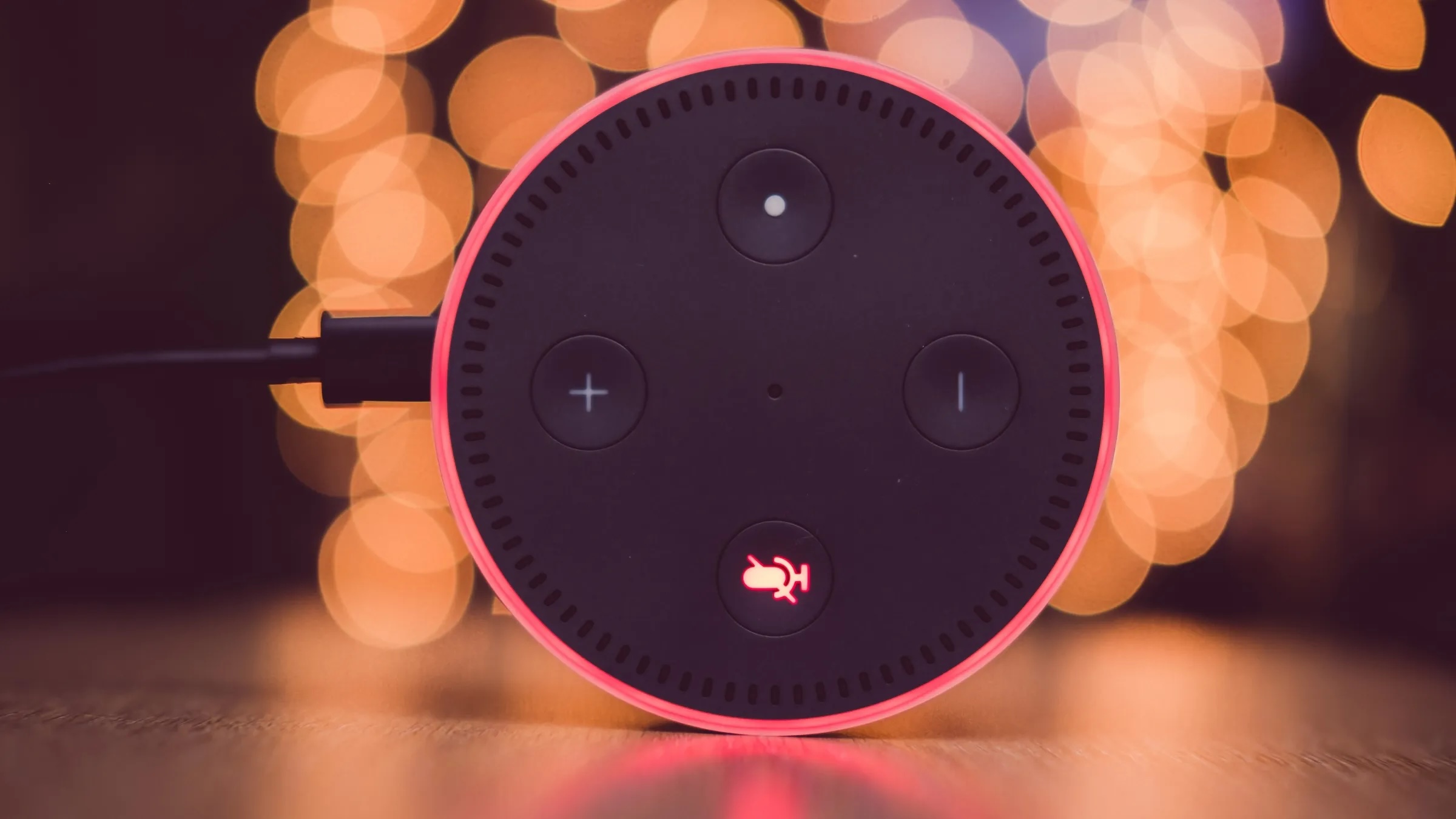



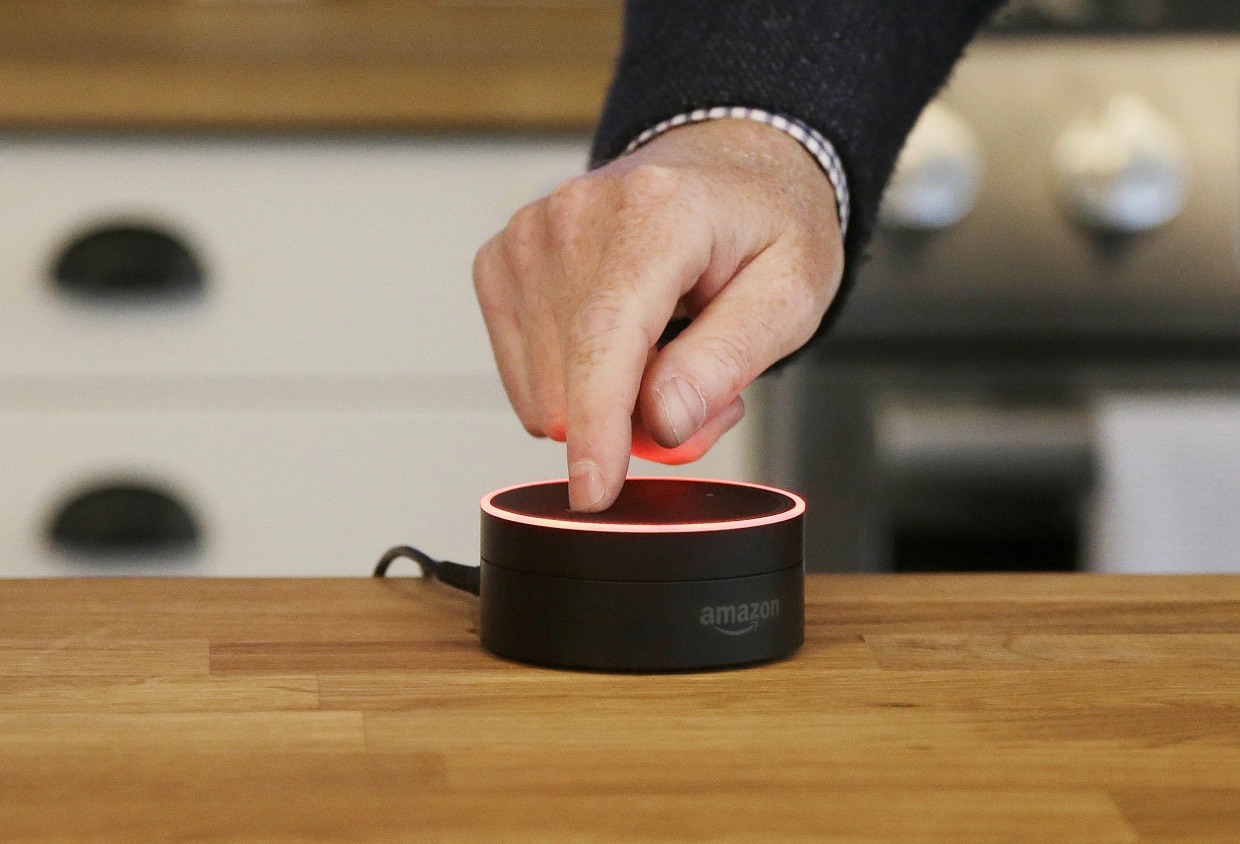
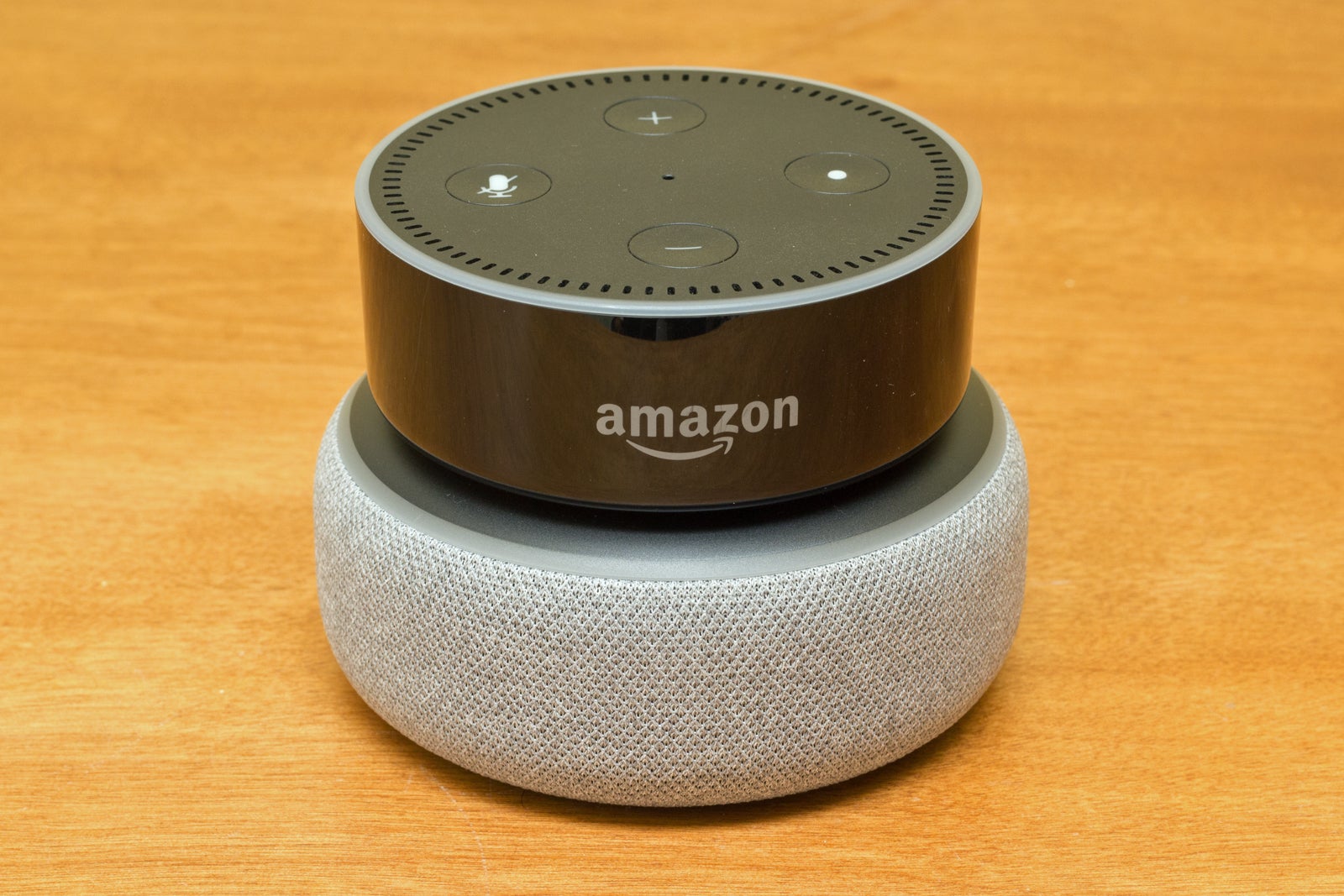
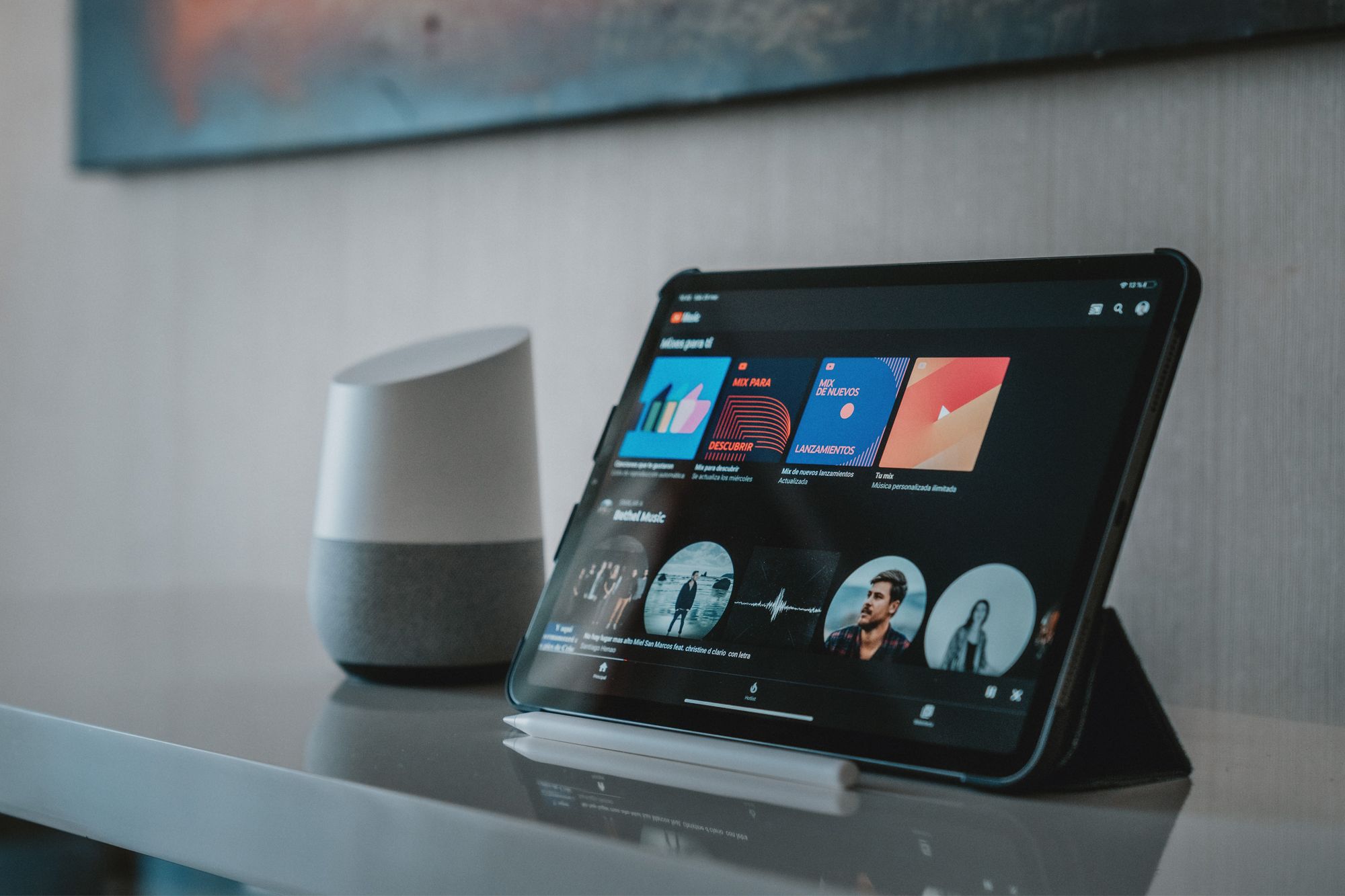
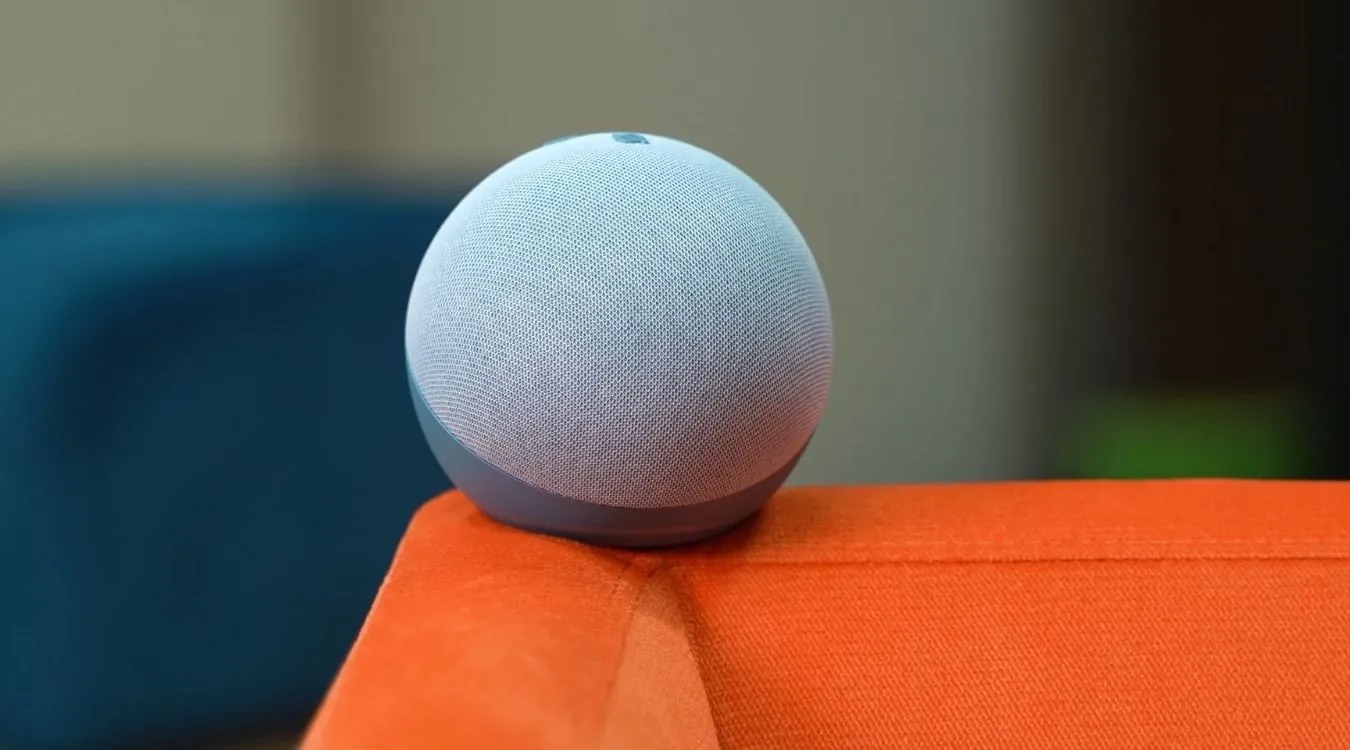
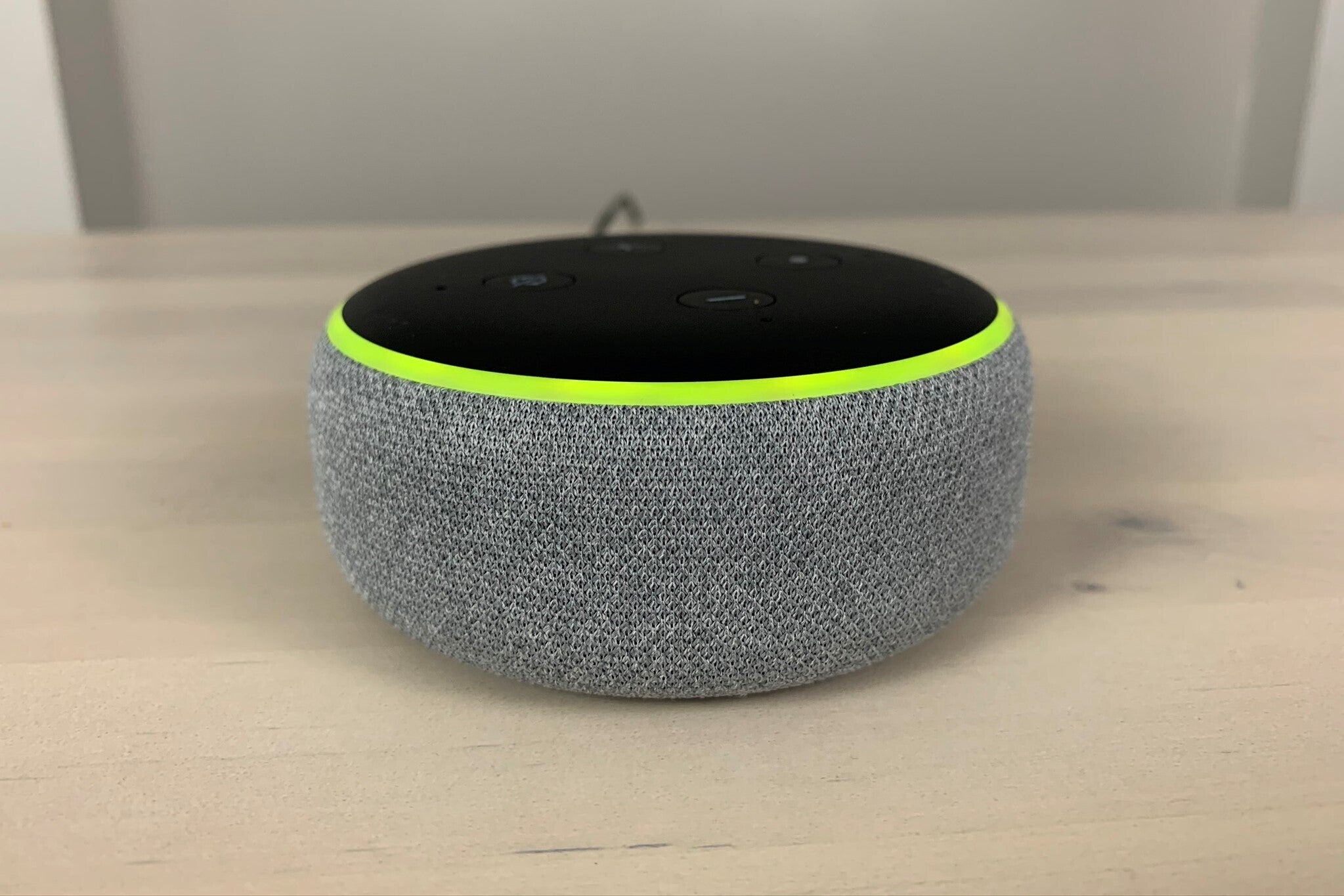

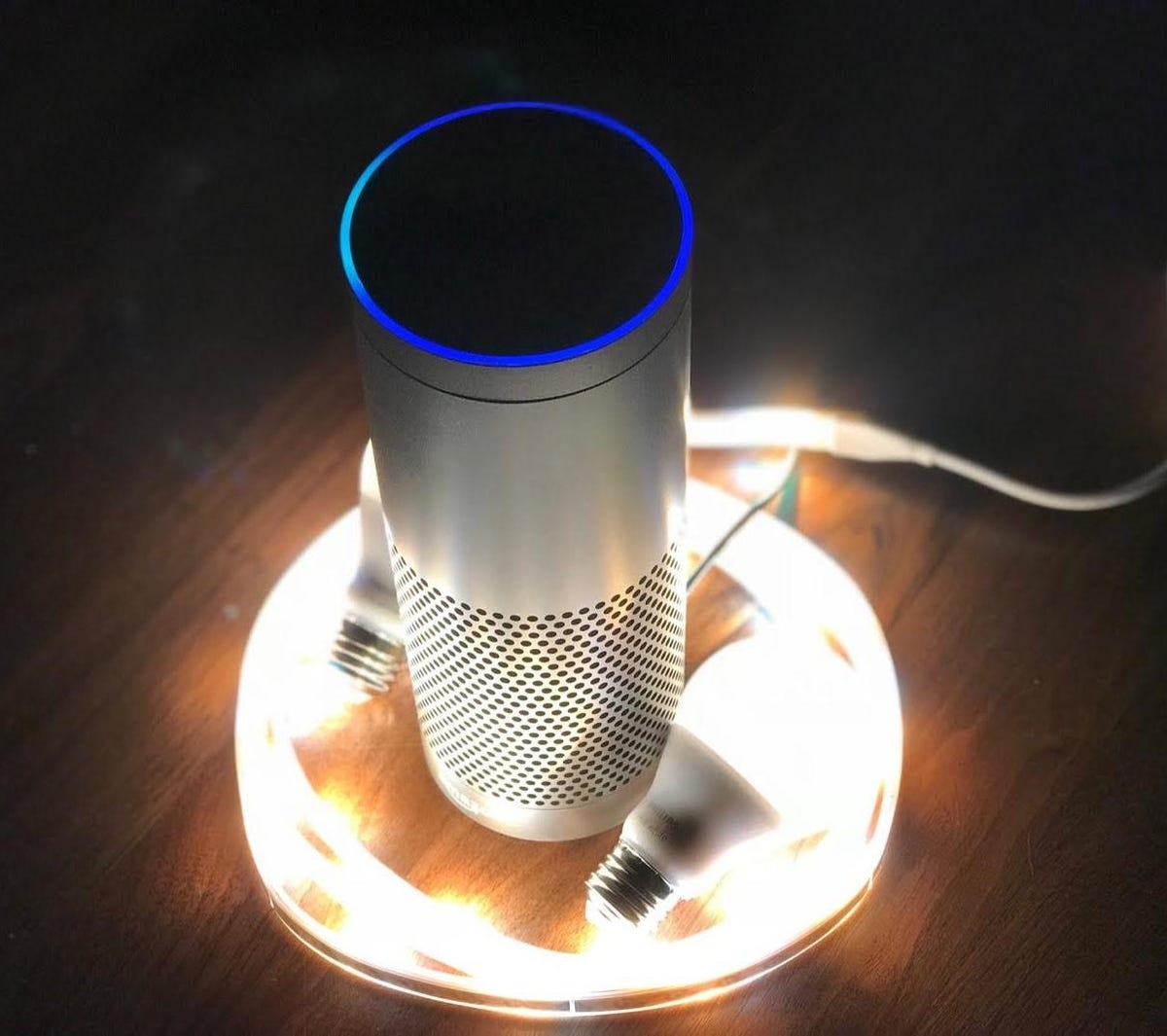
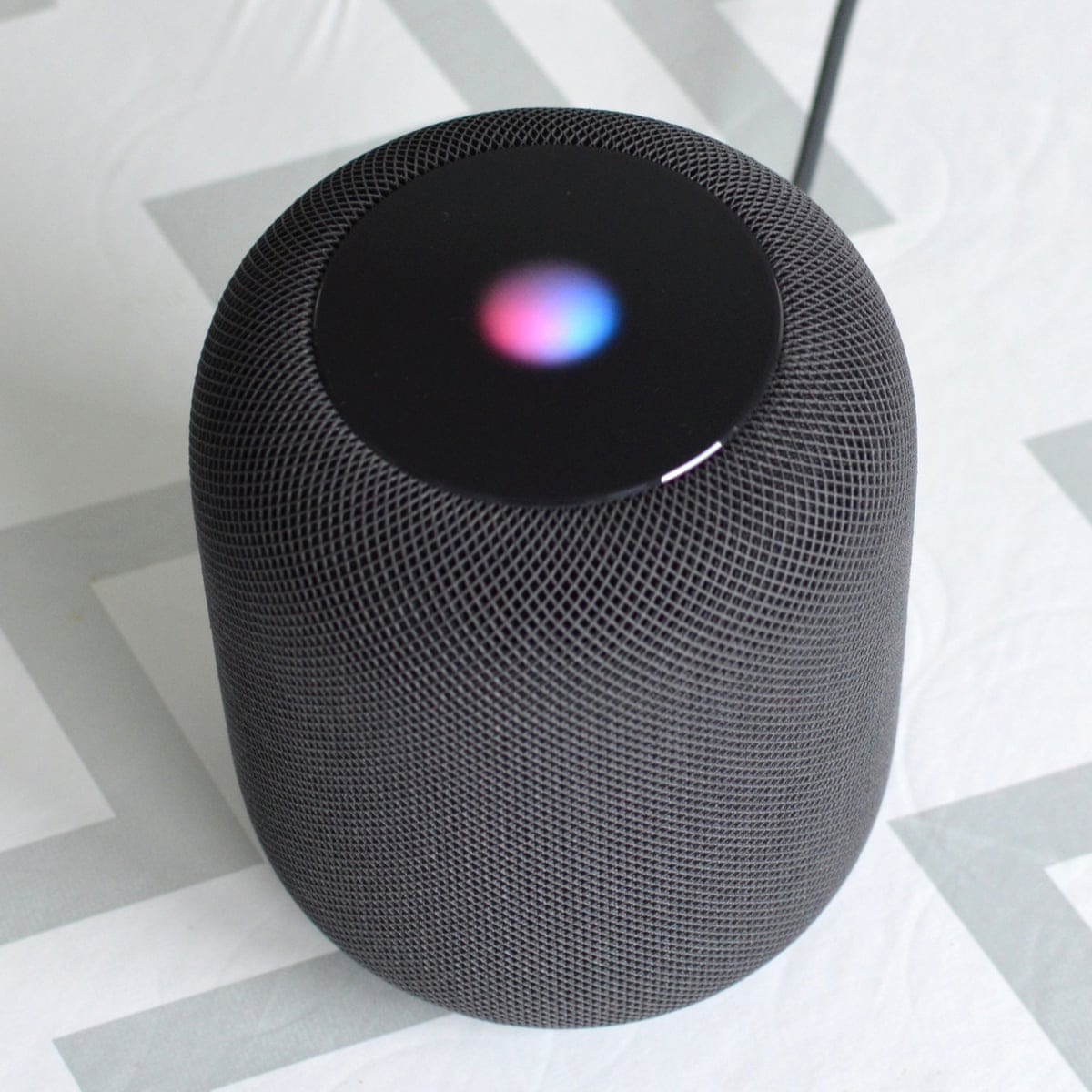
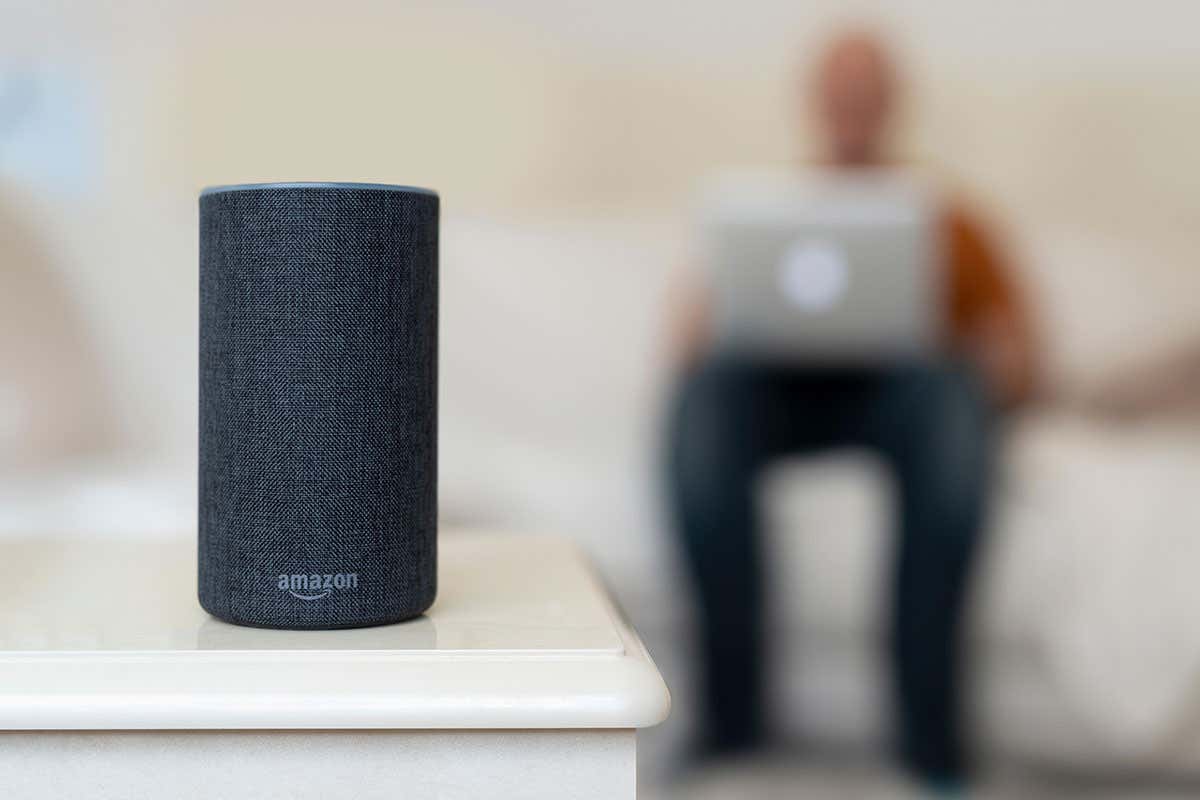

0 thoughts on “Why Does My Alexa Randomly Play Music”